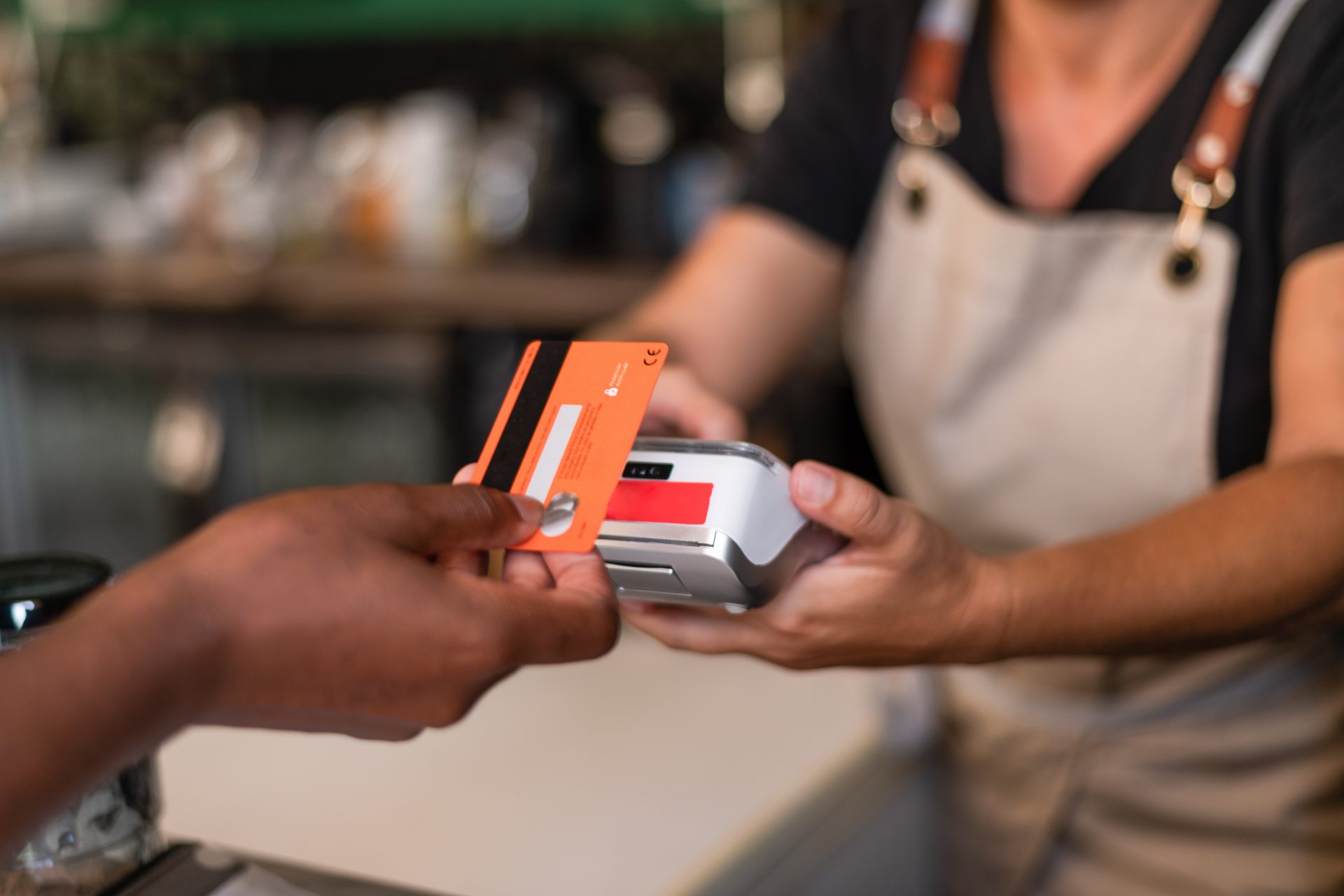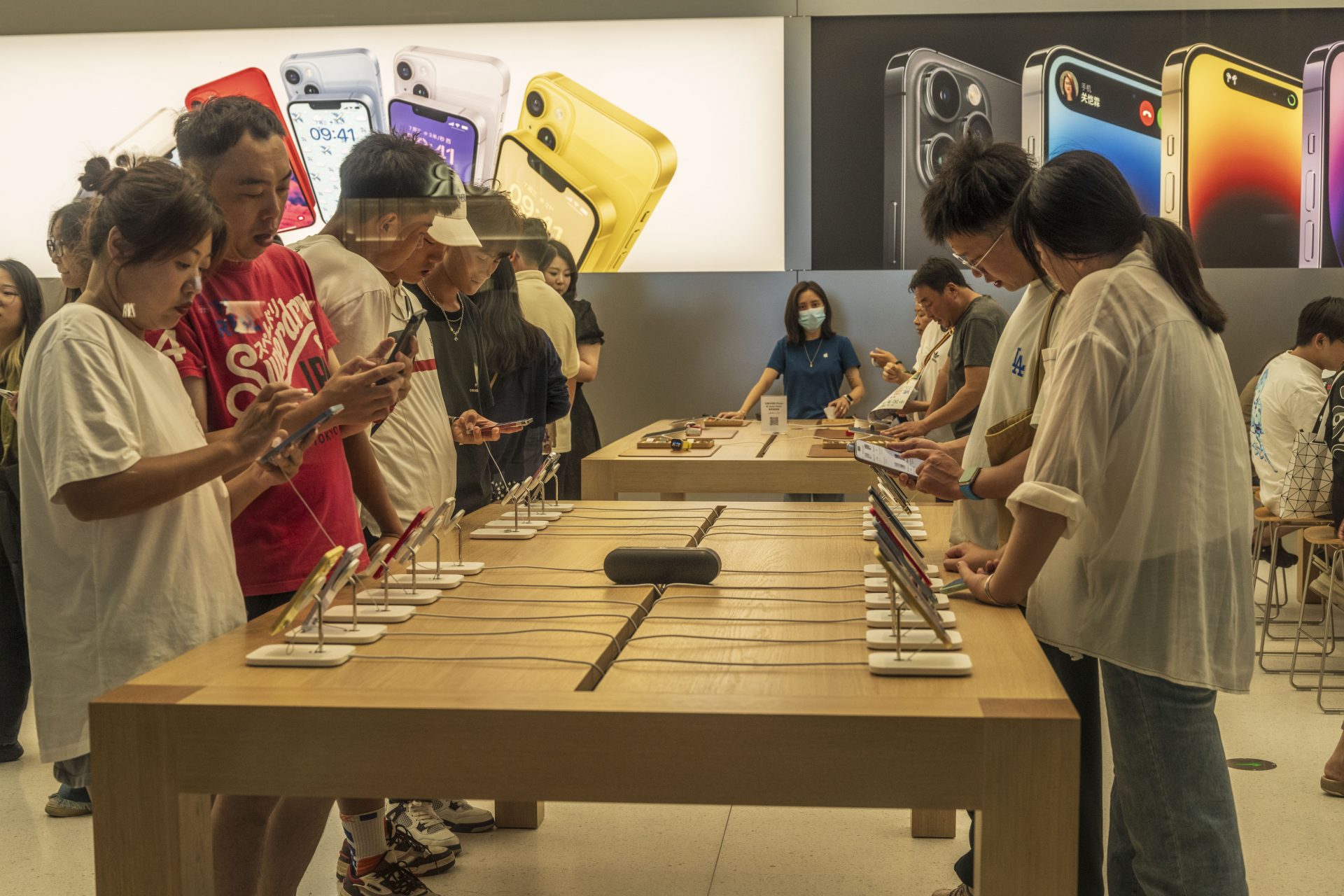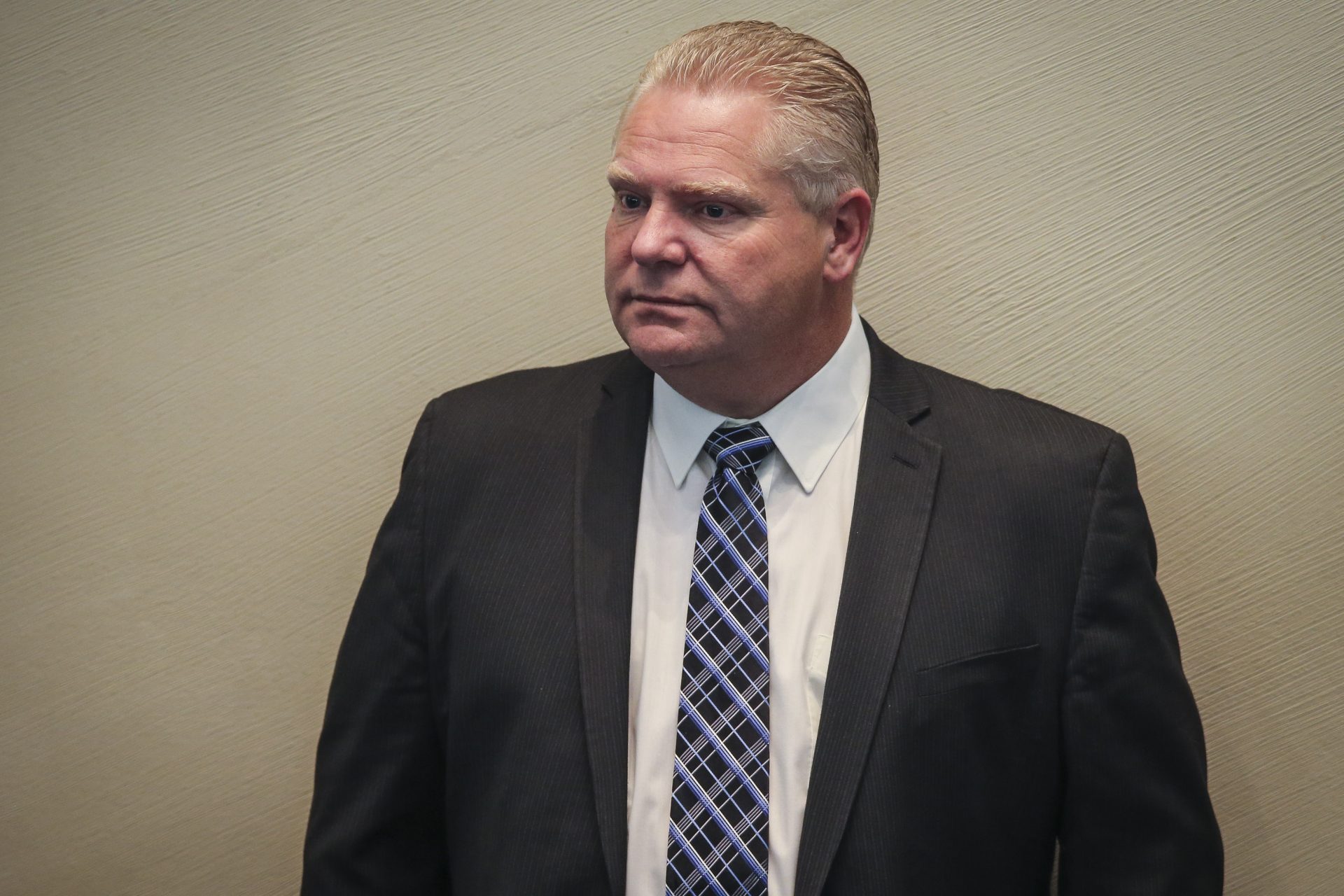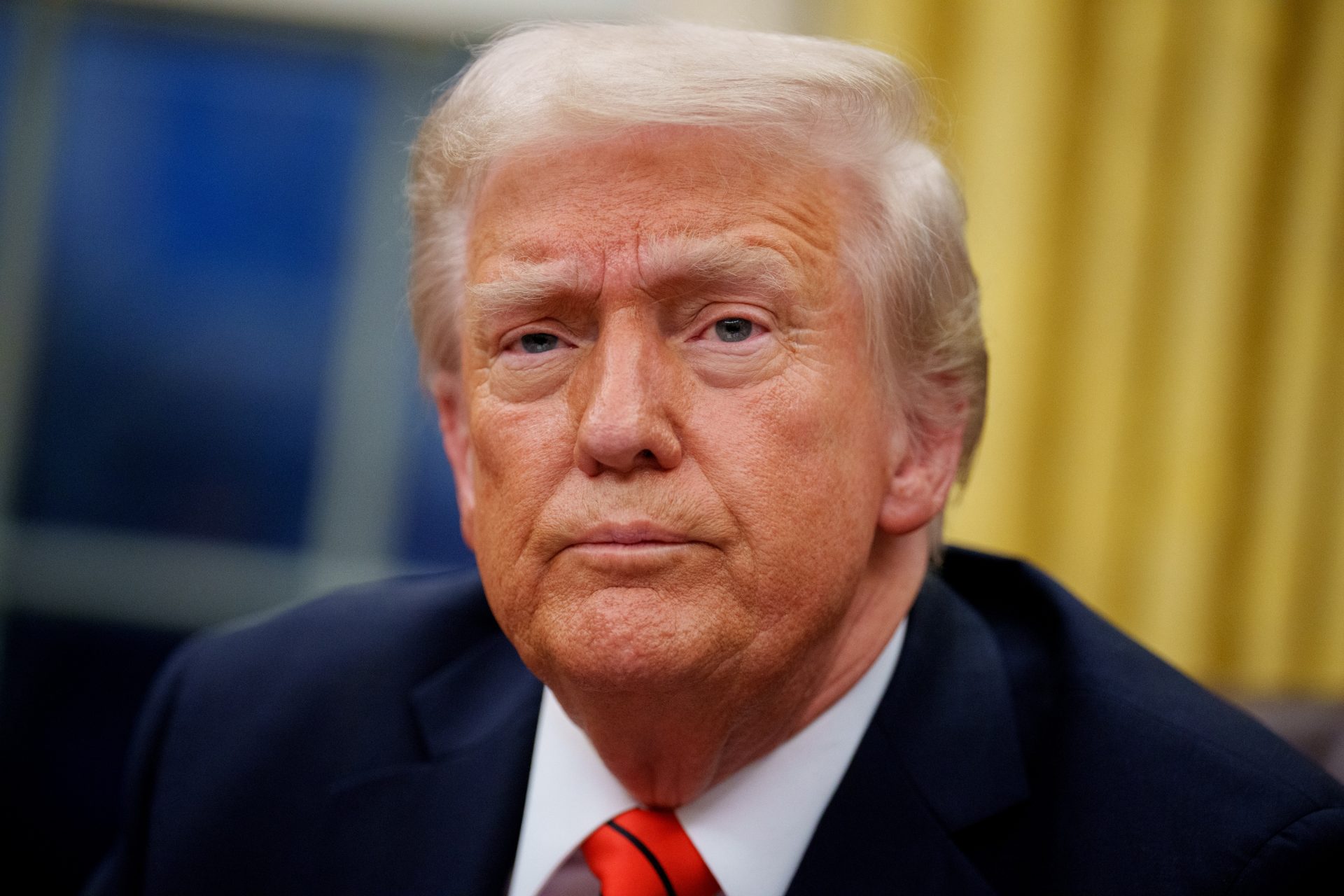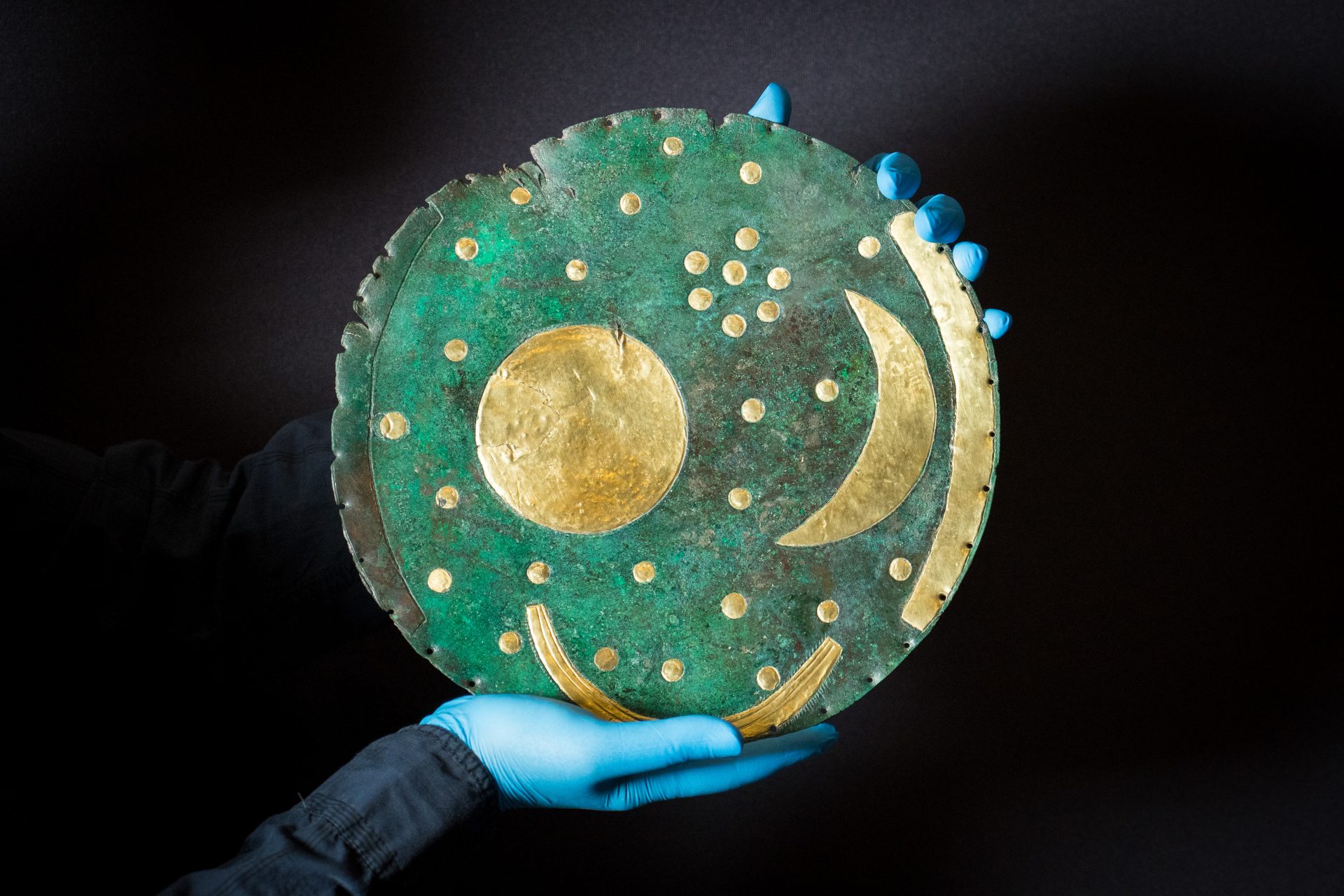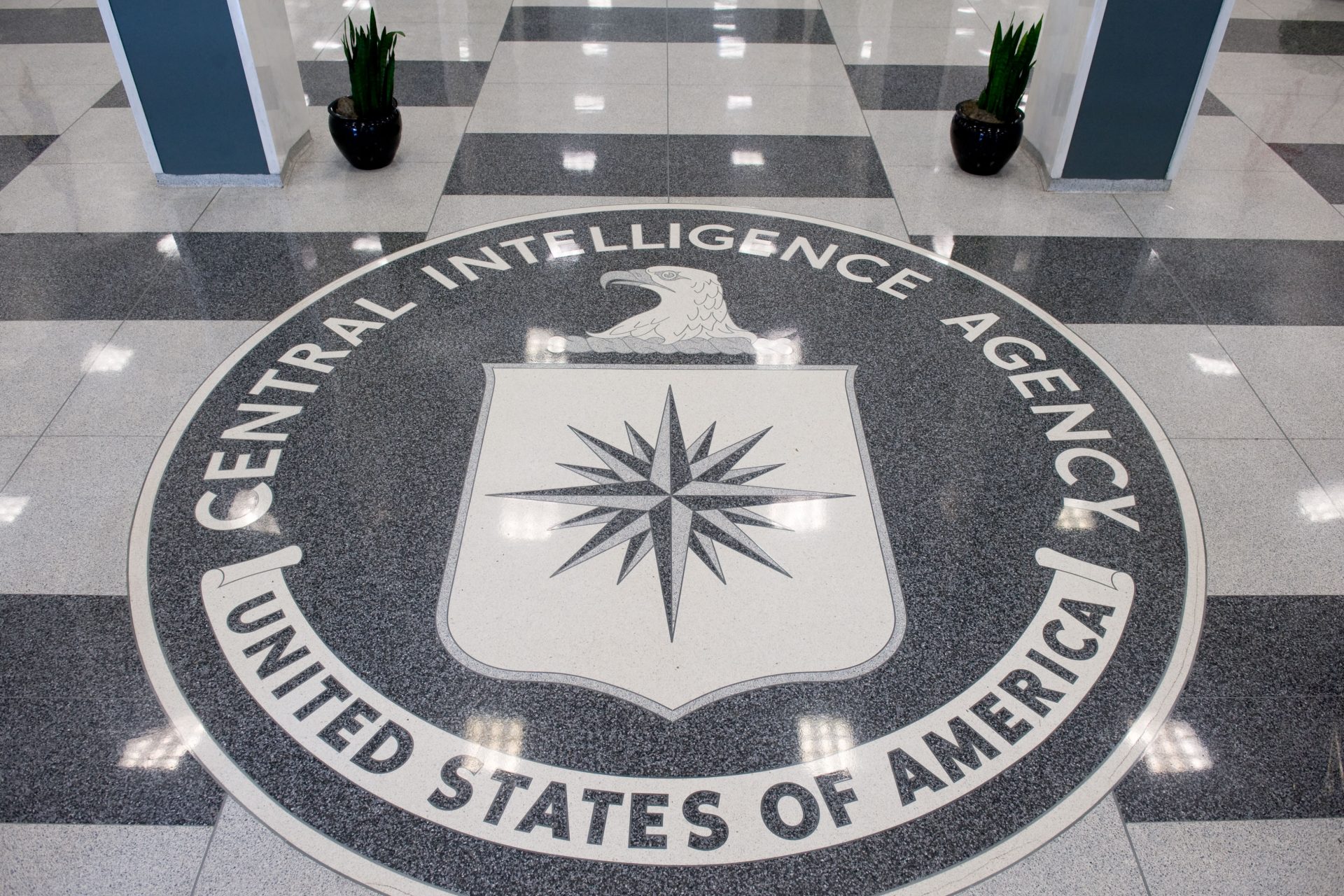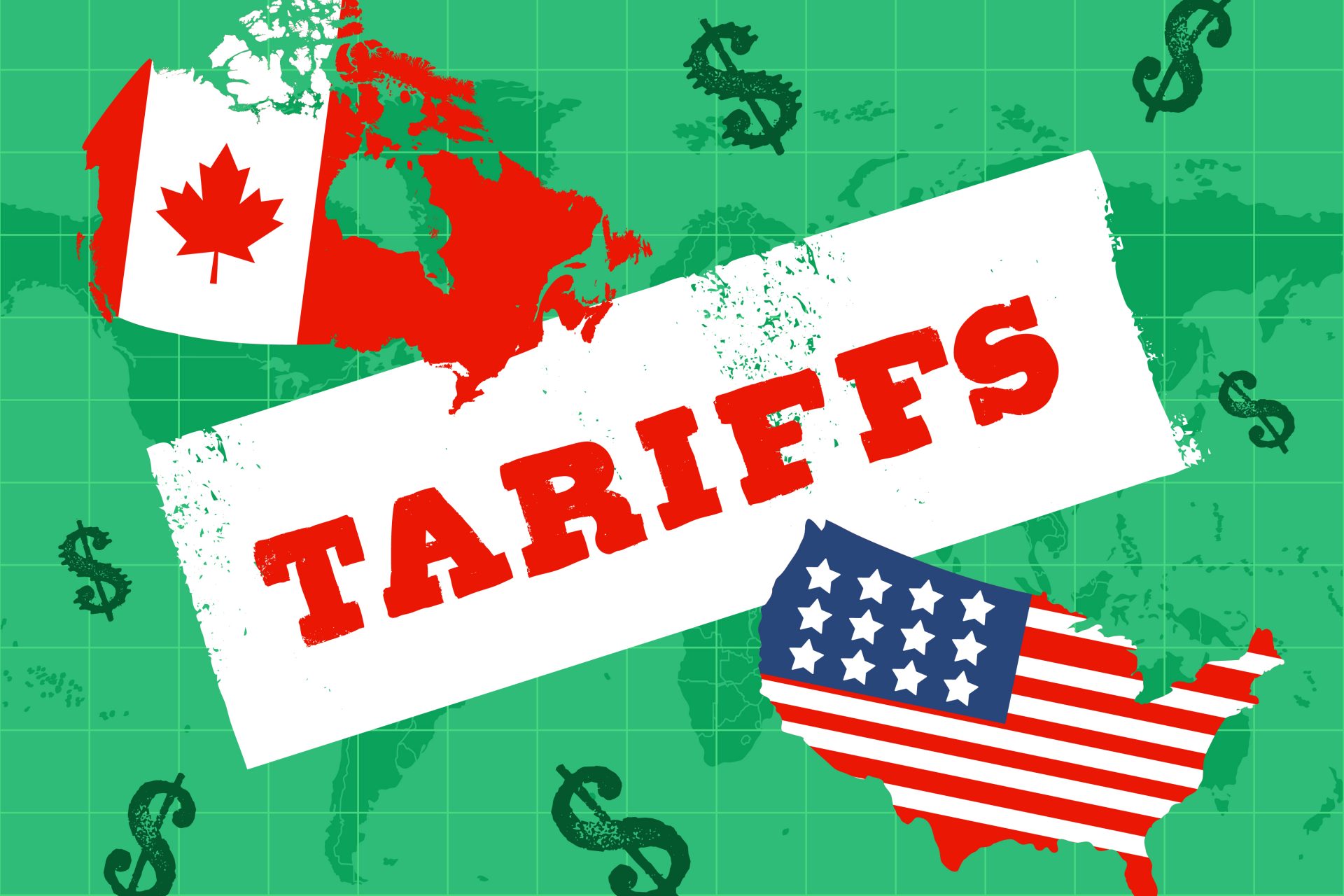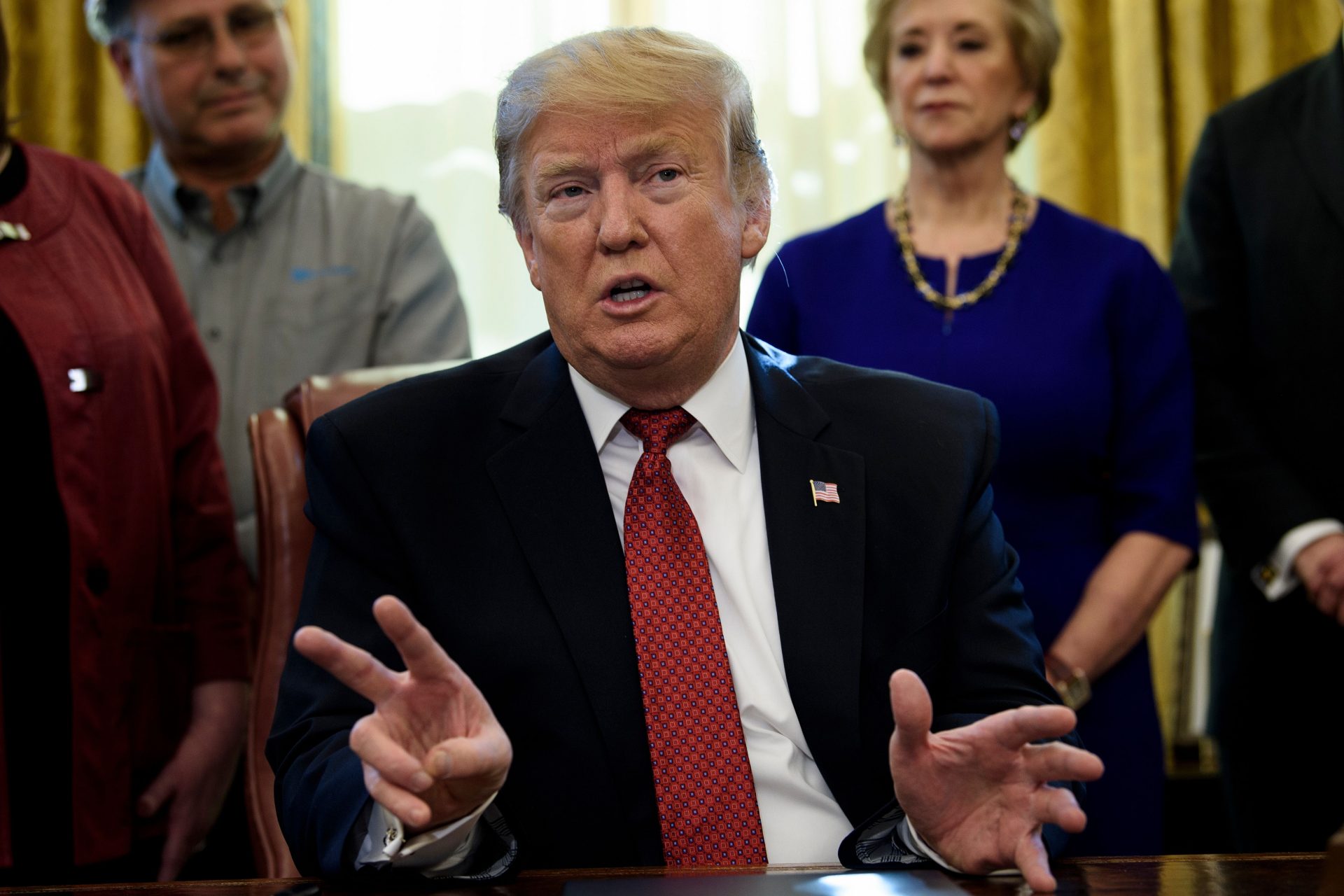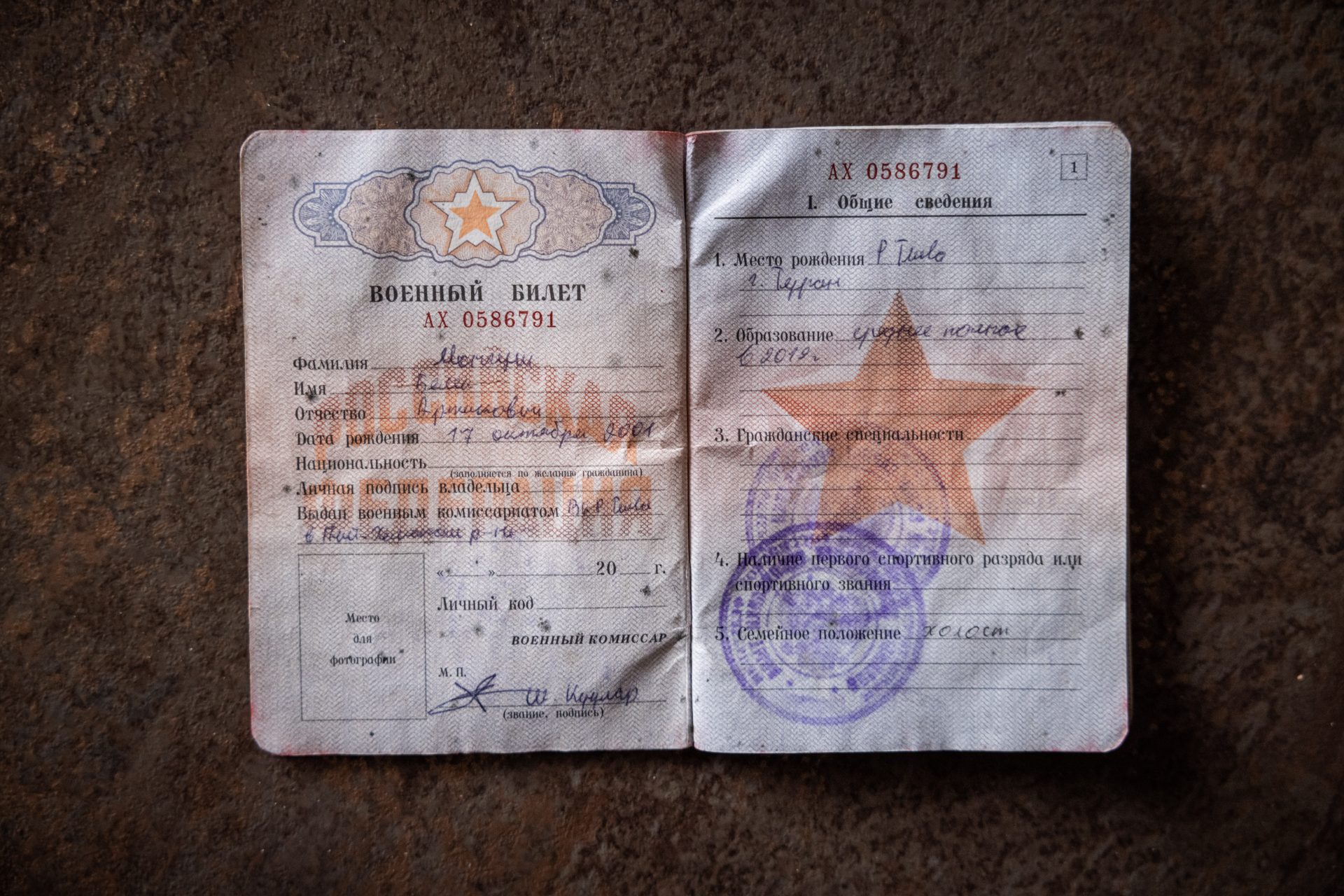The downside of paying by card: What you're not being told
Card or cash? These days most people chose to pay by card and we usually don't think twice about it. It is easier than having to go to the bank and take out cash. However, it is a good idea to always pay by card?
Nowadays, technological developments are happening very quickly. In Europe, many changes are also taking place in the field of payment methods.
In Europe, several countries are considering developing a digital euro. The European bank reports that nothing has been set in stone yet, but there is a lot of debate about it.
According to the Dutch new outlet RTL Nieuws, former Dutch Vice President Sigrid Kaag said that two-thirds of payment transactions currently go through American companies. Europe would like to keep a grip on this itself. Other countries, such as China, are also working on a digital currency. That is why Europe does not want to be left behind.
Yet there is also criticism of this future currency. This is mainly about guaranteeing privacy. Some fear that the government will soon determine what you spend those digital euros on. For example, only sustainable products.
According to the Dutch RTL Nieuws, there is currently not much to say about guaranteeing privacy when using the digital currency. There is no proposal on the table yet. In any case, some European leader have indicated that they want to stipulate in law that the government cannot determine which purchases people make.
These developments all seem to have one thing in common. It seems as if paying with cash is becoming increasingly discouraged. Is that bad?
Photo: neelam279 / Pixabay
We pay less and less with cash. According to the European Central Bank, cash payments went down 20% from 72% in 2016 to just 59% across Europe in 2022. Card payments made up 34% of transactions in 2022.
The corona crisis has contributed to this when many customers and vendors became paranoid about touching cash.
Simon Lelieveldt is an expert in the field of payment transactions. He spoke about it in an interview with with the Dutch NPO Radio 1 that the world cannot do without cash.
Image: Mathieu Stern / Unsplash
"Suppose cash no longer existed, then there are some lurking dangers," said Simon Lelieveldt on Radio 1. "If the electricity goes out for a long time, for example. Payment by debit card is then impossible. It's nice if you can still just can pay with cash."
“For blind people, cash is reliable,” Lelieveldt added. "You can feel which notes and coins you spend. This is not possible with digital money. If you are blind and use your debit card, you have to trust that the person behind the cash register will enter the correct amount."
Photo: CDC/Unsplash
In addition, there are many other vulnerable groups in the who have difficulty with electronic payments. Many elderly people still prefer to pay with cash. Paying by debit card is also a challenge for those with poor literacy skills.
Photo: Beth MacDonald / Unsplash
According to RTL News, Sweden has been one of the leaders when it comes to electronic payments for years. Many shops and restaurants have a 'debit card only' policy. They refuse to accept cash.
The Swedish government is now putting on the brakes, RTL News reports. Sweden wants to oblige banks to keep cash accessible through legislation. Especially for the vulnerable groups who have difficulty with this transition.
It is therefore important that we can continue to pay with paper and coins. To protect vulnerable groups and in the event of a prolonged power outage. Yet there is another very important reason why a cashless society is not a good idea, says Simon Lelieveld.
Simon Lelieveld told Radio 1 that it is impossible to guarantee privacy in a cashless society. "All your digital payments are already monitored to combat money laundering."
Photo: Bruno / Pixabay
"The use of cash should not be criminalized. It should remain a choice whether you pay in cash or by card," Lelieveld said. “If you want to avoid ending up in a Chinese system where all your payments are traced, then we need to be able to continue using cash.”
Simon Lelieveld's advice? "To always use a good portion of cash. It is strategically important to have a system where your expenses are private."
More for you
Top Stories



